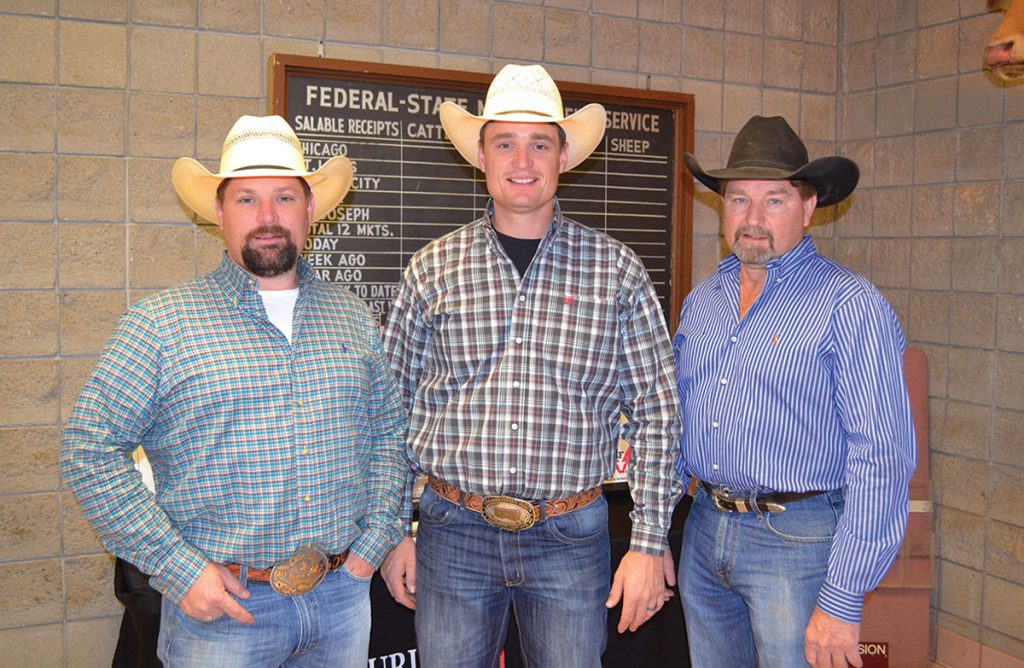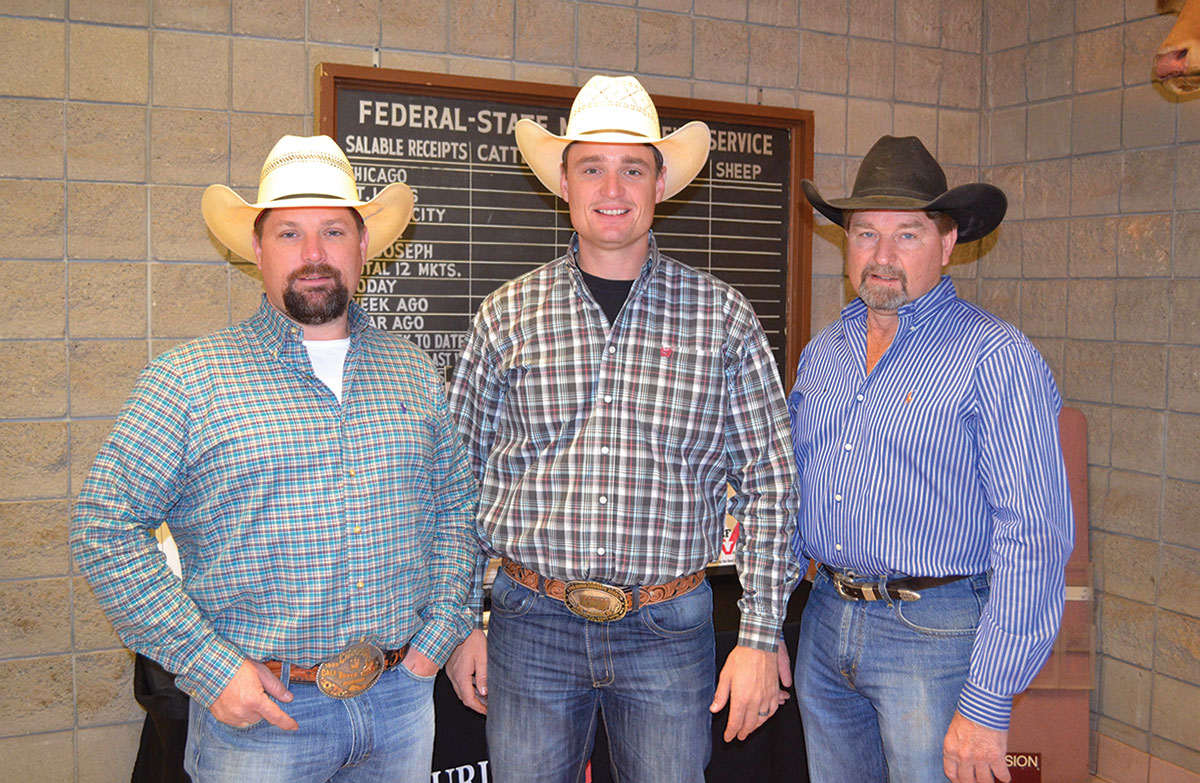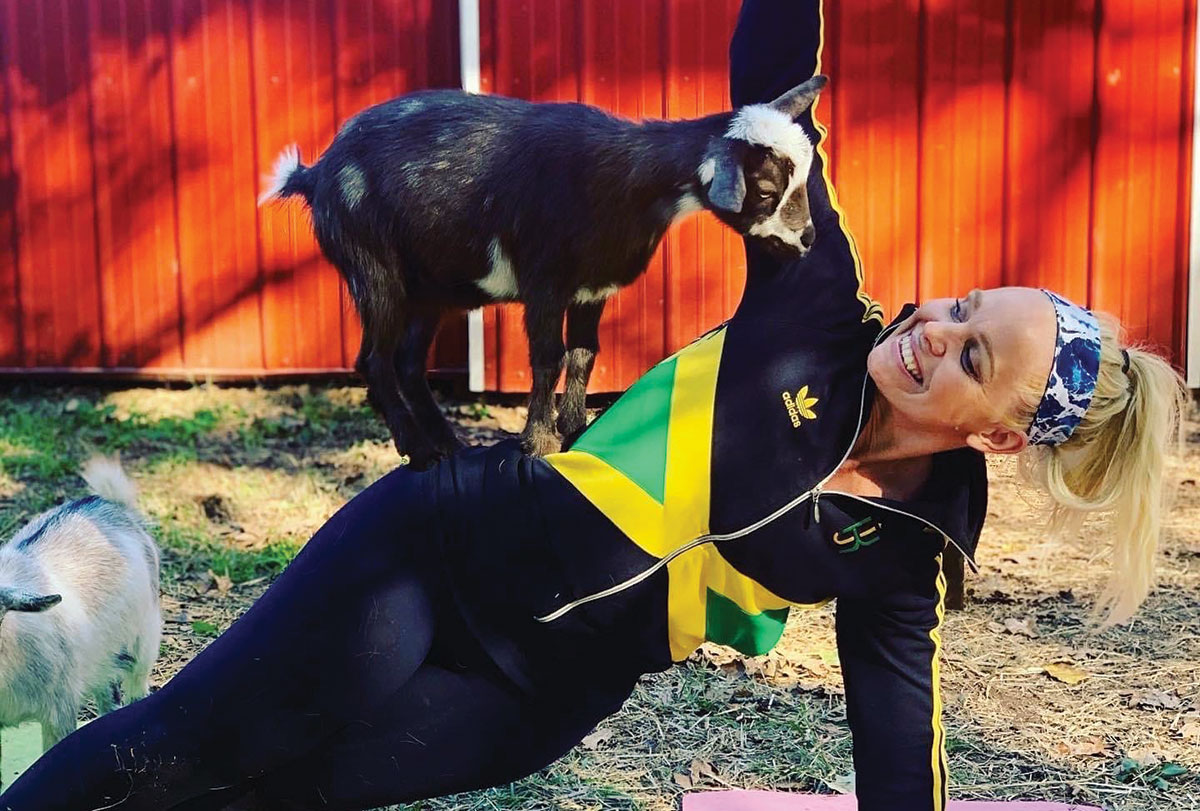
Joplin Regional Stockyards has a long history in Southwest Missouri
Operations today for the Joplin Regional Stockyards during uncertain times are emblematic of the challenging times faced in another national crisis for our nation, the Great Depression.
In response to the Great Depression and the foreseen collapse of the mining industry within the Southwest Missouri region: the Joplin Chamber of Commerce along with businesses and like-minded individuals formulated a plan to respond to a changing business climate.
One thing was for sure, people would have livestock to sell and people would still need to eat.
From this proactive vision, Joplin Stockyards, Inc., was created under the oversight of Lucius Buchanan, with major investments by the Joplin Water Works Company and the Missouri Pacific Railroad. The goal was to become a central location in the region for producers to market their livestock, small and large.
The original location sat on 80 acres just west of Range Line Road, slightly north and across from what is now Northpark Mall. The location benefited from nearby highways and rail, expediting the movement of livestock across the region.
When the stockyards opened in 1931, it was third largest in the state, serving more than 60 counties in the four-state region. Not only did the yards offer sales for numerous types of livestock, it also boasted a gas station and hotel for out-of-town buyers or producers.
In a presentation given by Brad Belk at Missouri Southern, a quote from Herman Traber, Executive General Agent of the Missouri Pacific Railroad, emphasized the importance of the establishment of the stockyard as, “The greatest step forward ever taken by Joplin and the district.”
Dark clouds hung over every business in the Midwest and throughout the nation; all would soon feel the brunt of the agricultural disaster known as the Dust Bowl. Despite the challenges brought by both crises, Joplin Stockyards thrived.
In the first four months of operation the venture cleared $600,000 in sales.
Fast forward to current operations of what is now known as Joplin Regional Stockyards and its owners, the Moore family. Jackie Moore can say he only knows what he knows and that is cattle sales.
Jackie grew up in Stotts City, Mo., and spent much of his time at livestock auctions.
By the age of 13 he was in auctioneer school and would soon conduct his own auctions, selling anything from antiques to livestock.
After graduation, he married his high school sweetheart Kristy Blevins and began working at Joplin Stockyards. He would soon expand his horizons by purchasing two commission companies.
In 1986, an opportunity to purchase the whole operation presented itself. Jackie, along with brother-in-law Steve Owens and other family partners, took the leap to purchase the operation in totality. They would later phase out the commission companies and combine all services under one roof.
Son, Bailey Moore, recalls cattle getting out of the pens and having to chase them across the mall parking lot on horseback, attempting to rope them and lead them back to their pens.
Another important fixture at the stockyards was veterinarian “Doc” Harold Haskins, who also came on board in 1986, as a field representative. He would serve 31 years with the Moore family. He later became involved in the addition of video auctions, which expanded the reach of cattle sales for the yards.
Harold passed away in December 2017 and was as much a part of the operation as he was part of the Moore family.
In 1995, the decision to relocate the operation came to fruition when a new facility and yards was constructed near Interstate 44 and exit 22, several miles east of Joplin.
The decision to build next to one of the nation’s interstate highways that connects some of the nation’s largest cattle production states, provided the operation good visibility and better access to regional producers, much like the original location delivered back in 1930.
In the late 1990s the company included a “value added program,” allowing producers to showcase their livestock in special sales that would highlight their operational practices through documented health programs, individual identification, and guaranteeing that heifers are open and dehorned, and the bulls would be guaranteed to be steers.
The extra effort to provide that additional documentation on animals reaps premium benefits in the sale ring for producers willing to go the extra mile.
By 2001, ownership shifted to just Jackie and Steve until 2015 when sons Bailey and Skyler Moore and son-in-law Dustin Eldridge, became partners in the yards, buying Steve’s share of the operation.
For sons, Bailey and Skyler, they know nothing else but cattle auctions and raising cattle. They also credit their grandfathers, Claude Moore and Dale Blevins for memories of raising cattle since before they could walk.
Just like their predecessors before them, the Moores have been confronted with challenges to the market over the years: including the 2011 drought, 2014 pig virus and the price slide that hit the market in 2015.
For the Moores this is beyond just a business; it is supporting producers who are the backbone of the nation’s food chain. They enjoy securing the best price for a producer because that means those producers can take care of their family and raise more cattle.
The spring COVID-19 outbreak was one of those challenges that hurt producers. Bailey pointed to his cellphone and noted that often conversations go beyond talking cattle and to events affecting the lives of producers.
“This is a people business and about relationships,” Bailey said. “When our producers hurt, we hurt with them.”
The closure of meat packing plants created a huge backlog of cattle waiting for slaughter and the market is just now starting to get caught up.
Considered one of the largest stockyards in the nation, primarily because the most cows are within 200 miles of the facility, and Joplin Regional Stockyards sells on average 450,000 head a year.
With each business day, they try to secure the best information and numbers for producers. But their goals remain simple… maintain a good reputation, build new relationships and build a legacy to pass on to the next generation.







